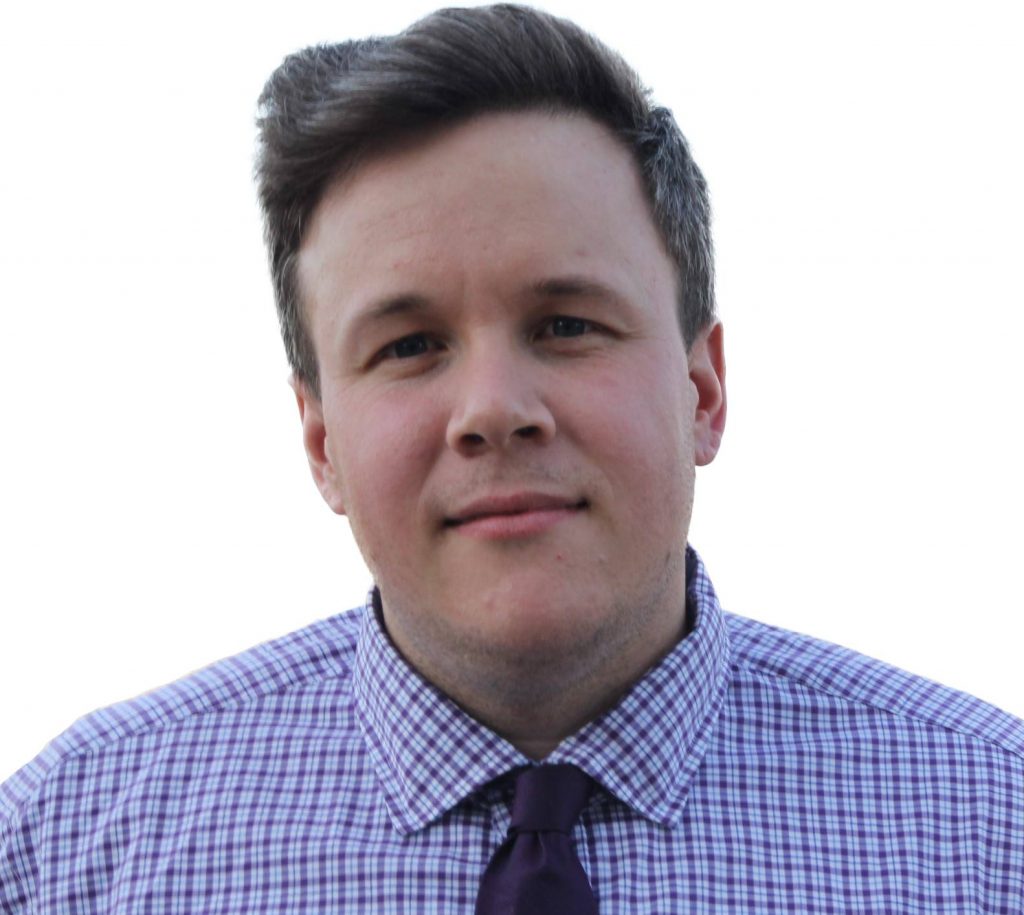Dr. Timothy Gitzen

Dr. Timothy Gitzen is an Assistant Professor of Anthropology at Wake Forest University. Broadly, his research focuses on the intersections of security, queer politics, surveillance, viruses, and social justice in South Korea. His newer research concerns queer youth sexuality and sex education in the United States.
Timothy’s research concerns the ways national security has been mobilized against queer folks in South Korea. It examines the ways this came to be, starting with the cultivation of national security primacy during the Cold War and the North Korean threat. He traces how policies and laws targeting the influence and threat of North Korea and communism came to include the targeting of marginalized populations, most notably queer folks. In addition to tracing this process in multiple settings, he explores how queer folks also participate in their own securitization and security making as attempts to be included in the national citizenry. He argues that by participating in their own securitization, queer folks are both placating to patriarchal and national authority that is responsible for their continued marginalization while also carving out spaces of endurance from within securitization practices and technologies. The forms of queer endurance he examines thus become immanent to security itself, challenging not only the contours of national security in South Korea, but global iterations and entanglements of security writ large.
In collaboration with a colleague in South Korea, Timothy is also working on a multi-faceted project that interrogates South Korea’s Covid-19 response, expansion of surveillance technologies, and the effects these have on queer folks. It specifically examines the mass surveillance technologies and techniques that deliberately target the non-normative behaviors, lifestyles, and practices of Koreans. These technologies include mandatory testing, collecting financial data, mapping social media data, tracking mobile phone GPS, and reporting the details of infected individuals to the public. This project thus details how queer folks navigate heightened surveillance practices—especially in the wake of a May 2020 outbreak within gay bars and clubs—alongside their navigation of the viral pandemic.
At Wake Forest, Timothy will begin a new project on queer youth sexuality and sex education, focusing specifically on college students in the United States. This research will track the informal networks, mechanisms, and practices college students use—and have used since high school—to learn about sex and sexuality. In particular, Timothy will explore how queer college students use technology, popular culture, and other avenues to not only learn how to be queer, but to cultivate subjectivities, relationships, and identities amidst a significant dearth of queer-affirming sex education in schools.
Timothy’s research has been published in a variety of publications—Cultural Studies, positions: asia critique, and Sexuality and Culture, to name a few—and has been supported by the Social Science Research Council, the Korea Foundation, the Academy of Korean Studies, and the University of Hong Kong’s Society of Fellows in the Humanities.
Latest Posts
- Drs. Clark, Friederic, Gitzen, and Gurstelle Awarded Fellowships
- Dr. Gitzen Publishes Peer-reviewed Article in Museum Anthropology
Sexuality and gender; Security and surveillance; Queer theory; Science and technology studies; Viruses; Youth; Social justice; Activism; Popular culture; South Korea; United States
n.d. “A City in a Bunker in a City: Demilitarizing Art in South Korea.” Museum Anthropology. (accepted)
n.d. “Viral Entanglements: Biosecurity, Sexuality, and HIV/AIDS in South Korea.” Current Anthropology. (accepted)
2022. “‘Minute by Minute’: The Radical Presentism of Queer Youth Sexuality.” Sexuality & Culture. https://doi.org/10.1007/s12119-022-09969-3
2021. “Pandemic Surveillance and Homophobia in South Korea.” Co-Author, Wonkeun Chun. Items: Insights from the Social Sciences, Social Science Research Council. September 24. Link to article
2021. “The Queer Way in South Korea.” East Asia Forum Quarterly 13(4): 24-25. (invited commentary) Link to article
2021. “The Limits of Family: Military Law and Sex Panics in Contemporary South Korea.” positions: asia critique 29(3): 607-632.
2021. “Narratives of the Homoerotic Soldier: The Fleshiness of the South Korean Military.” Cultural Studies. https://doi.org/10.1080/09502386.2021.1919166
2020. “Tracing homophobia in South Korea’s coronavirus surveillance program.” The Conversation. June 18. Link to article
2020. “Banal Security.” Anthropology News website. June 17. Link to article
2020. “Viral Living.” Social Anthropology/Anthropologie Sociale. Link to article
2018. “Sex/Gender Insecurities: Trans Bodies and the South Korean Military.” Co-Author, Horim Yi. TSQ: Transgender Studies Quarterly 5(3): 376-391. Link to article
2014. “Bad Mothers and ‘Abominable Lovers’: Goodness and Gayness in Korea.” In Mothering in East Asian Communities: Politics and Practices. Patti Duncan and Gina Wong, eds. Bradford, Ontario: 145-157. Link to article
2013. “Affective Resistance: Objects of Korean Popular Music.” International Journal of Asia-Pacific Studies 9(1): 5-36. Link to article
Teaching
- ANT 111 – People and Cultures of the World
